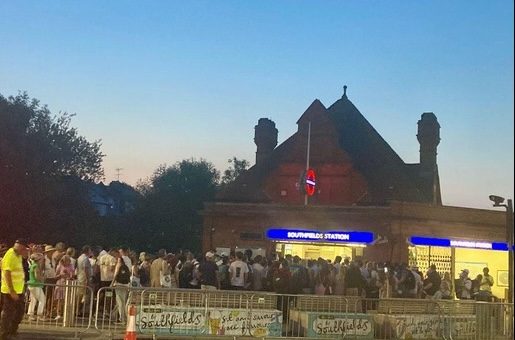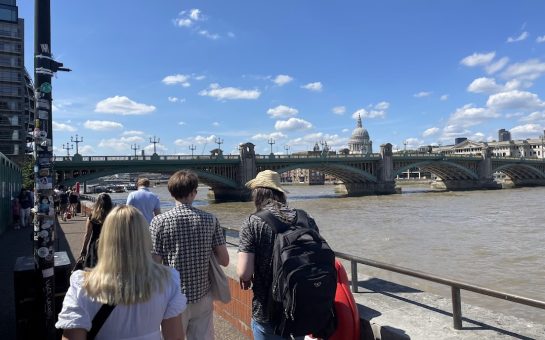The detention and deportation of homeless people from European Economic Area countries faced a three-day legal challenge in the High Court which ended Thursday.
The judicial review, brought by the Public Interest Law Unit in Lambeth Law Centre, challenged the government’s policy since 2016 of designating EEA rough sleeping as a misuse of EU free movement rights.
Paul Heron of the PILU represented three EEA national clients who had experienced rough sleeping and were challenging the legality of the Home Office policy on grounds of discrimination.
“Post-Brexit, it’s definitely been a cranking up of, certainly anti-European, anti-EU rhetoric, which has been mainly, initially by the mainstream media; the Daily Mail etcetera,” Mr Heron said.
“It’s trying to use the rhetoric of racism, if you like, to disguise what’s happening in austerity Britain.”
While some homelessness charities, such as Crisis, have condemned the government’s policies, three other charities have been implicated in the criminalisation of non-UK rough sleepers
An investigation by Corporate Watch revealed in March that St Mungo’s, Thames Reach and Change, Grow, Live (CGL) have all collaborated with Home Office immigration compliance enforcement teams.
Freedom of Information requests showed that joint visits by charity workers and ICE officers led to 133 rough sleepers being detained in eight months.
In Westminster alone, 127 people were deported.
Mr Heron said he sees the criminalisation of non-UK rough sleepers as intimately connected to the government’s deliberate creation of a “hostile environment” for irregular migrants in the UK.
As Home Secretary in 2012, Theresa May was quoted as saying: “The aim is to create here in Britain a really hostile environment for illegal migration.
“What we don’t want is a situation where people think that they can come here and overstay because they’re able to access everything they need.”
For Mr Heron, the government’s hostile environment is part of wider government policies which disproportionally impact working class people: “The hostile environment not just affects, Latvians, Romanians, Polish people, Italians who come to the UK.
“But it actually ultimately affects people who are indigenous to the UK as well.”
It is unclear when a verdict will be reached on the judicial review, but it is unlikely it will be before early next year.




